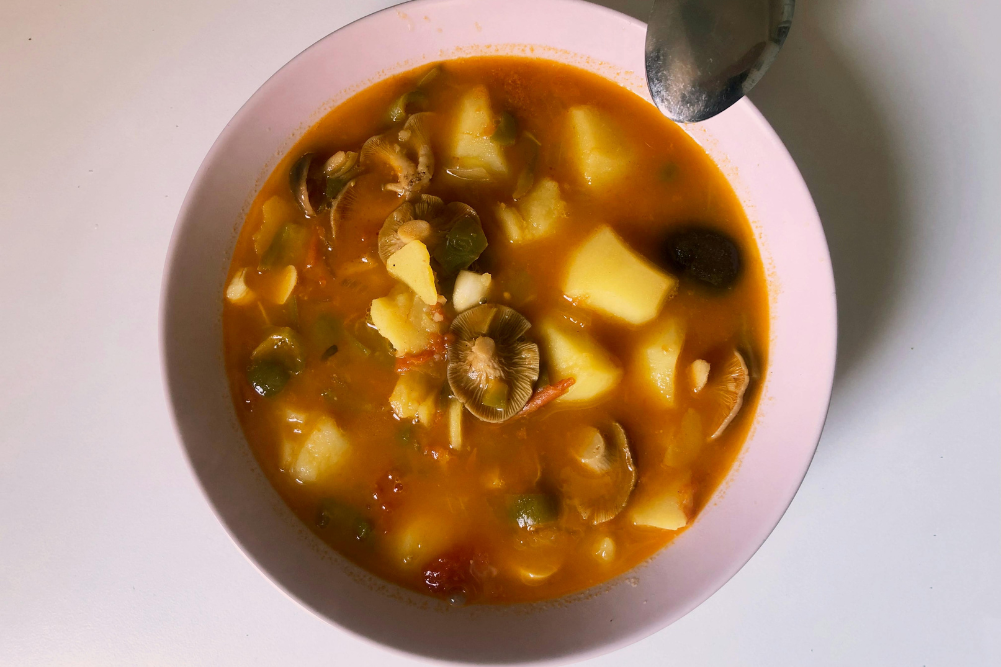How to keep healthy with the power of lemons
The exact origin of the lemon (Citrus limonium) is unknown, though it is thought to have possibly originated in south-western India. Records show it was introduced into southern Italy in 200 CE, cultivated in Iraq and Egypt by 700 CE and reached China sometime between 760 and 1297 CE.
Lemon has been held in high regard for its therapeutic uses over the centuries. It was prized for its medicinal qualities in the palace of the Sultan of Egypt and Syria in the period 1174–1193 CE, while in the 18th century lemon juice was carried aboard British sailing ships to prevent scurvy. It has also been used throughout history for overcoming nausea and indigestion.
Sicily and other parts of southern Italy have exported lemons for several centuries. It was in the early 19th century when large-scale commercial cultivation began in Florida and California. Today, Australia is among the world’s leading lemon growers and exporters, along with Italy, Spain, Greece, Turkey, Cyprus, Lebanon and South Africa.
Digestive health
Although lemons are an acidic food, once they are broken down in your body by the digestive process they have an alkalising effect. This has many health benefits and is particularly valuable if you have a diet high in acid-forming foods such as red meat, sugar, dairy, refined carbohydrates and processed foods. When your body is acidic, it encourages the growth of bad bacteria, yeast, viruses and other unfriendly micro-organisms and it increases inflammation and fatigue.
The sour properties of lemons help to increase your digestive secretions, which in turn helps in the digestion and assimilation of nutrients from your food. The promotion of bile secretion also assists in the prevention of gallstones.
Lemons can help to reduce the risk of kidney stone formation due to their role in increasing the concentration of citrate in the urine. Citrate binds to calcium in the urine and prevents it from binding to other urinary calcium and forming a stone.
Immune health
Lemons are an excellent source of vitamin C. Vitamin C is one of the main antioxidants found in food and an important water-soluble antioxidant in the body. Vitamin C neutralises free radicals in the body, both inside and outside cells. Free radicals are responsible for causing inflammation and damaging healthy cells.
Lemons are also excellent anti-allergenic agents. A study undertaken in March 2012 demonstrated that lemons exert immune modulation and anti-allergic activities by regulating allergic mediators from basophilic cells and mast cells.
Flavonoids
Flavonoids belong to a group of natural substances occurring in the diet and have many beneficial effects on your Health. Hesperidin is one of the major flavonoids found in lemons. The parts of the lemon that have the highest hesperidin concentrations are the rind and pulp.
Hesperidin possesses significant anti-inflammatory and antioxidant properties. Research has shown that it is due to these properties that hesperidin exerts cardioprotective, anti-cancer and neuroprotective effects. Inflammation is involved in the onset and development of several chronic conditions, such as arteriosclerosis, obesity, diabetes, neurodegenerative diseases and even cancer. Hesperidin’s ability to cross the blood–brain barrier is thought to be a factor in the role it could potentially play for intervention in neurodegeneration.
A number of studies have shown that hesperidin addresses dyslipidemia (abnormal blood fats) and atherosclerosis by increasing the “good” HDL cholesterol and lowering the “bad” LDL cholesterol and triglycerides. Research has also demonstrated that hesperidin may improve metabolic health in patients with insulin resistance and prevent diabetes due to the role it plays in correcting hyperinsulinaemia (elevated insulin levels in the blood).
A deficiency of hesperidin in the diet has been linked to abnormal capillary function, extremity pain and leg cramps. Citrus bioflavonoid supplements with hesperidin are used to treat diseases of the blood vessels and lymph system, including haemorrhoids, chronic venous insufficiency, varicose veins, leg ulcers, easy bruising, nosebleeds and lymphedema; they work by strengthening the walls of blood vessels.
The therapeutic effects of hesperidin have been mainly studied in relation to supplemental doses, so further research needs to be undertaken on the therapeutic efficacy of the flavonoid in smaller doses, such as that found in food sources, including lemons.
Lemon flavonoidsHesperidin Enhances your capillary function and circulatory system, reduces “bad” cholesterol and helps to correct hyperinsulinaemia. Eriocitrin Lemon juice is one of the few foods that are high in eriocitrin, which helps to prevent oxidative stress and free-radical damage to your cells. It also decreases “bad” LDL and VLDL cholesterol levels. Diosmin Along with hesperidin, helps to normalise your capillary permeability and fragility, improve the tone of veins and treat vascular conditions such as haemorrhoids and chronic venous insufficiency. Coumarin Its anti-tumour activity is due to its role in inhibiting free-radical generation. |
Myriad uses
Lemons have a wide array of healthy impacts on your body. Benefits include:
- High in vitamin C
- Contain vitamin A
- Have a high mineral content including calcium, magnesium and potassium
- Are antioxidant
- Are antibacterial (these properties of the acids help to reduce the risk of bacterial contamination in food)
- Assist with liver detoxification
Lemon juice in hot water stimulates the digestion and liver. Lemon juice with honey and ginger in hot water provides relief from cold and flu symptoms. Lemons are used as an ingredient in meat, fish and poultry dishes, particularly in the Mediterranean, and as a mixer in alcoholic beverages. Lemon pulp left over after commercial extraction of the juice is used as a source of citrus oil, pectin and citric acid, which are used by the food, cosmetics and pharmaceutical industries.
Increase lemon flavonoid consumption
Don’t throw away squeezed lemon — eat the pulp and membrane first or add lemon juice along with the pulp to your freshly squeezed vegetable juices to increase your intake of hesperidin.
If the peel is organic, you can shred it into a lemon zest and apply it to meat and salads.
Once you peel them, make sure you consume lemons within a few days since they quickly begin to oxidise and within days can lose a significant portion of their antioxidant value.
When drinking lemon juice, dilute it rather than consume it straight, and have a few sips of plain water afterwards as daily doses of lemon juice have been found to erode the enamel of the teeth.
Saskia Brown is a naturopath and health writer based in Sydney, specialising in asthma and allergies. E: saskia@saskiabrown.com, W: www.saskiabrown.com








